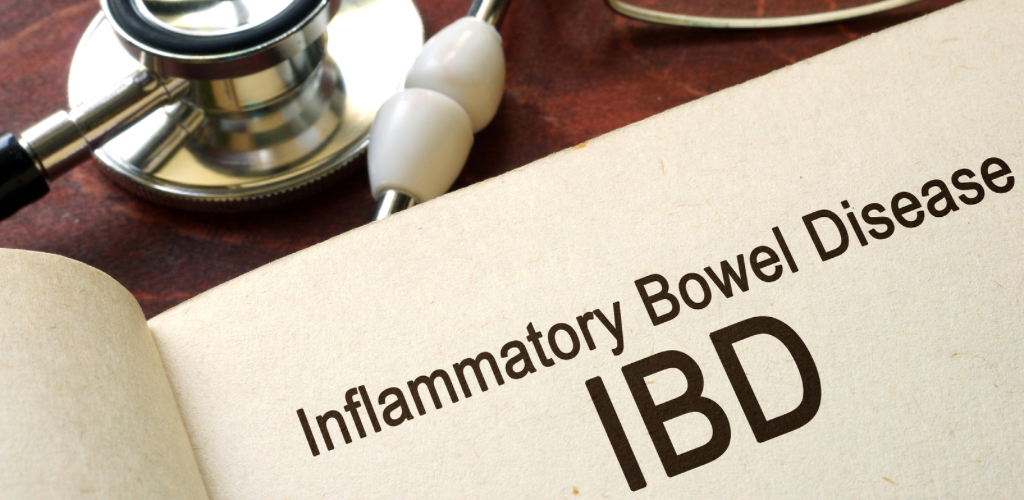
Inflammatory Bowel Disease (IBD) is a chronic condition that affects the digestive system, causing inflammation in the gastrointestinal tract.
The two main types of IBD are
1. Crohn’s disease

2. ulcerative colitis
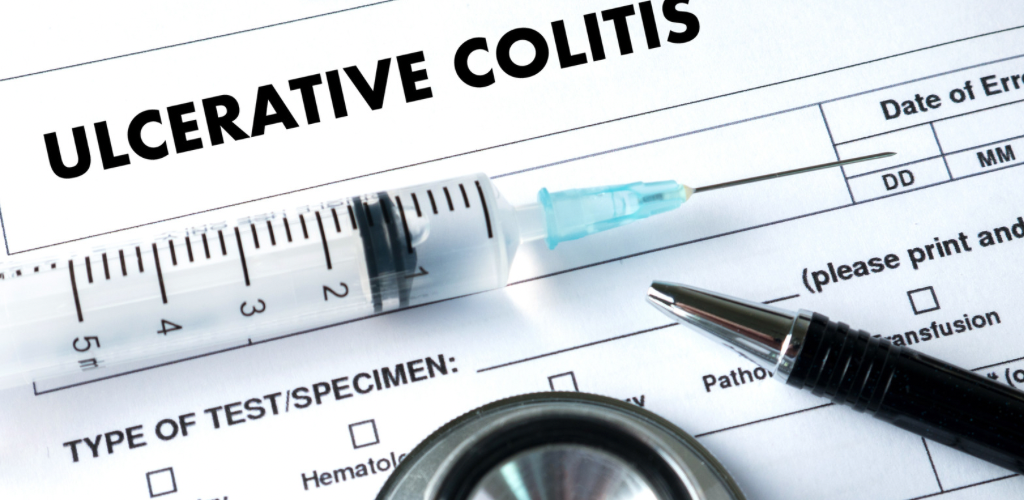
They both are inflammatory bowel disease but have some differences given below:
A. Location of Inflammation:
- Crohn’s Disease: Affect any part of the digestive tract, from the mouth to the anus. It often involves patches of inflammation with healthy tissue in between.
- Ulcerative Colitis: Primarily affects the colon (large intestine) and rectum. Inflammation tends to be continuous and involves the innermost lining of the colon.
B. Pattern of Inflammation:
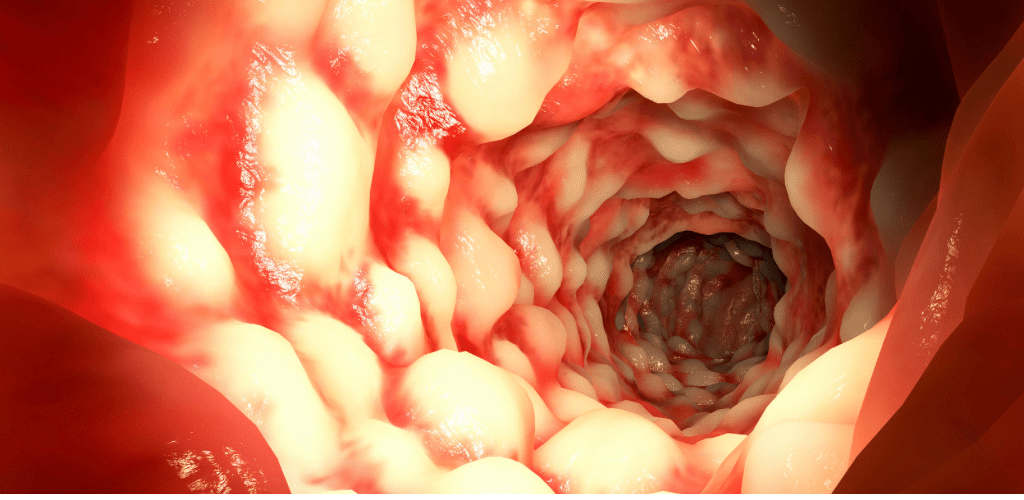
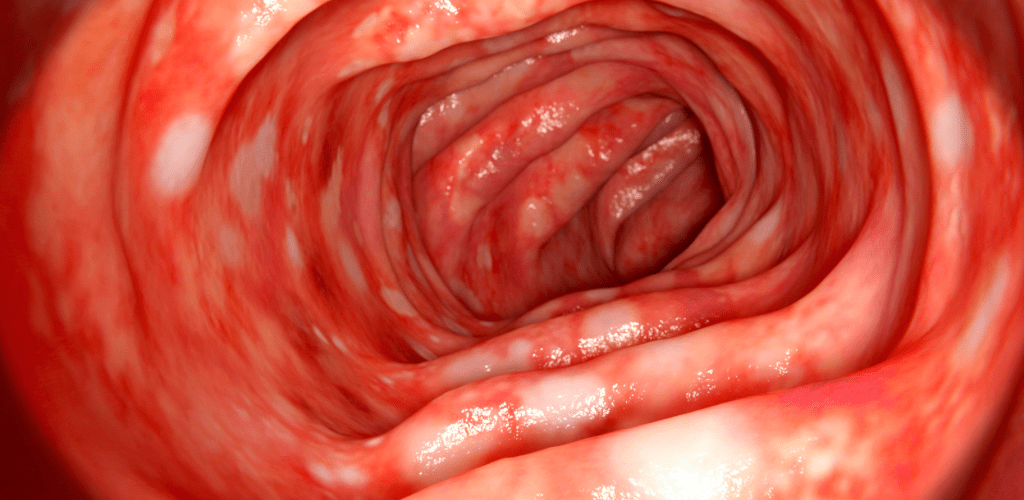
- Crohn’s Disease: Inflammation can be deep and may extend through the entire thickness of the bowel wall. It can result in complications like strictures (narrowing), fistulas (abnormal connections), and abscesses.
- Ulcerative Colitis: Inflammation is typically limited to the inner lining of the colon. Continuous inflammation may lead to ulcers and, in severe cases, the removal of the entire colon may be necessary.
C. Symptoms:
- Crohn’s Disease: Symptoms can vary widely and may include abdominal pain, diarrhea, weight loss, fatigue, and complications related to inflammation in other organs.
- Ulcerative Colitis: Common symptoms include abdominal pain, diarrhea (often with blood or mucus), urgency to have a bowel movement, and a frequent feeling of incomplete evacuation.
D. Distribution of Inflammation:

- Crohn’s Disease: Can occur in “skip” patterns, meaning there are healthy areas between inflamed ones. It can affect both the small and large intestines.
- Ulcerative Colitis: Typically starts at the rectum and may extend continuously along the colon.
E. Risk of Complications:

- Crohn’s Disease: More prone to complications such as strictures, fistulas, and abscesses due to the deeper and patchy nature of inflammation.
- Ulcerative Colitis: Complications may include severe bleeding, perforation of the colon, and an increased risk of colon cancer, particularly in cases of long-term inflammation.
F. Treatment Approaches:

- Crohn’s Disease: Treatment involves managing inflammation, alleviating symptoms, and addressing complications. Medications, including immunosuppressants and biologics, are commonly used.
- Ulcerative Colitis: Treatment aims to induce and maintain remission. Medications like anti-inflammatory drugs and immunosuppressants are often prescribed. In severe cases, surgery may be considered, including removal of the colon.
Causes of Inflammatory Bowel Disease:
While the exact cause of IBD remains unclear, it is widely believed to result from a combination of
1. genetic
2. environmental-such as diet, smoking, and previous infections may also contribute to the onset of IBD
3. immunological factors
4. Family history plays a significant role
Symptoms of Inflammatory Bowel Disease:

The symptoms of IBD can vary widely among individuals and may include
1. abdominal pain
2. diarrhea
3. weight loss
4. fatigue
5. rectal bleeding
Diagnosis

Diagnosing IBD typically involves a combination of
1. medical history review
2. physical examinations
3. diagnostic tests such as
i. blood tests
ii. endoscopies
iii. imaging
Medical Management:
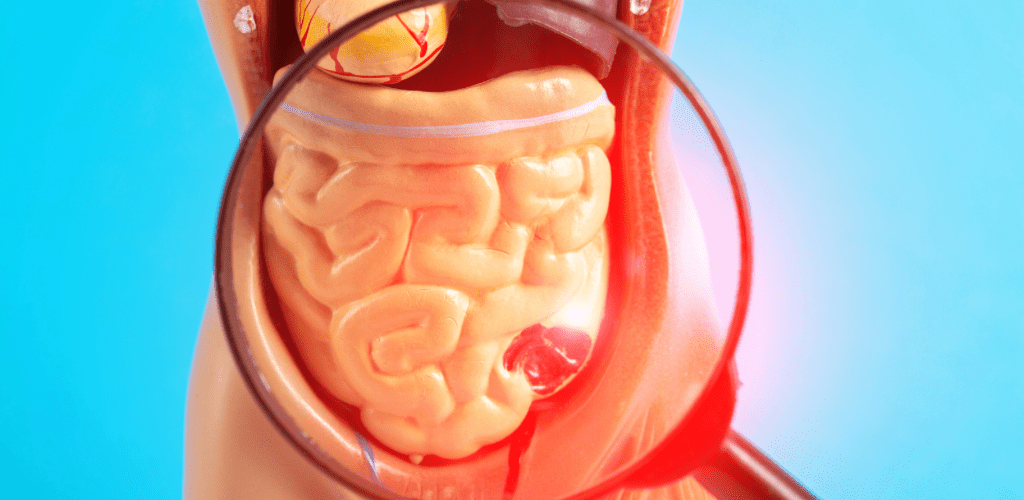
Medications like
a. anti-inflammatory drugs
b. immunosuppressants
c. biologics are commonly prescribed, tailored to the specific needs of each patient.
Lifestyle Modifications:
-Beyond medication, lifestyle modifications can significantly impact the well-being of those with IBD. -Dietary changes, including a low-residue or low-FODMAP diet, may help manage symptoms. Stress management techniques, regular exercise, and adequate sleep can also contribute to overall health and potentially reduce the frequency of flare-ups.
Surgical Interventions:
1. In severe cases or when medication fails to control symptoms, surgery may be necessary.
2. Surgical options for IBD include removing damaged portions of the digestive tract or, in extreme cases, removing the entire colon.
3. Surgery is generally considered when complications like strictures, abscesses, or fistulas arise.
In conclusion, Inflammatory Bowel Disease is a complex and chronic condition that requires a comprehensive approach to management. Medical intervention, lifestyle adjustments, and a supportive environment can collectively contribute to improved quality of life for individuals dealing with IBD. If you suspect you may have IBD or are experiencing persistent digestive symptoms, it’s crucial to consult with a healthcare professional for an accurate diagnosis and appropriate management plan.




